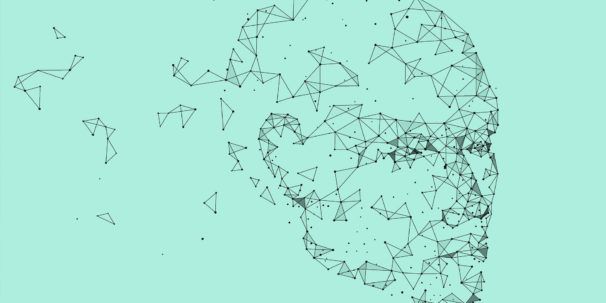What is a mind? One of the great mysteries of our time
Professor Mark Solms is the lead educator of the University of Cape Town’s free online course, "What Is a Mind?" Here, he discusses how he approaches this question - one of the great mysteries of our time.

“What is a mind?” is an extremely important question. For what are you if not your mind?
Psychology is of course the science of the mind, and yet graduate students of psychology have great difficulty answering this question. From their replies, you might think that the mind is just a very complicated information processing device. But are you a complicated information processing device?
The mind is not an object
The source of the difficulty is the fact that the mind is not an object; it is not something out there in the world that you can point to and say: “That is a mind; that thing over there is what I call ‘the mind’.”
The mind is invisible. But it is not invisible in the same way that gravity and electricity are. It is true that the existence of the mind, like that of gravity and electricity, can be inferred from its physical effects (For example, “She moved her hand when I asked her to; that movement was caused by her mind, by an act of the will.”) The difference is that the mind can also be perceived directly. It feels like something to be a mind.
The mind can be perceived
So the mind can be perceived, no less than planets and atoms, but this kind of perception – perceiving things like memories, thoughts and feelings – is something subjective. Therefore, you can only ever experience your own mind.
This is the nub of the problem. You cannot experience minds in general. That makes it very difficult to have a science of the mind. For science, of course, aspires to objectivity – to generalizability. We go to great lengths to exclude the subjective from science.
The mind versus the brain
As a result, throughout the history of psychology, there have been serious attempts to exclude the mind from science. We were told by the Behaviourists (who dominated 20th century psychology), for example, that the mind does not really exist. Only its responses exist – its behaviours.
Today, in the era of Neuroscience, we face a similar problem. We are told that the mind is really just the brain. It is an elaborate illusion produced by the brain. So what if I told you that you – your subjective experience – will cease to exist from tomorrow, but that you shouldn’t worry because I will keep your brain alive?
The fact that your brain will be alive but devoid of experiences will be cold comfort to you. Because you – your beloved self – will no longer be there. This simple fact seems to prove that your mind is not identical with your brain.
But now I hear you say: the brain in a coma is just the brain minus the mind. The mind is the part of the brain that is lost when it is in a coma. The question then becomes: what part of the brain is essential to produce the mind? And how does it do it? How does the brain get over the hump from electrochemistry to feeling?
What is a mind really?
This question will be the starting point for our free online course, “What Is a Mind?” Based on the latest discoveries in neuroscience, but also taking account of lived experience (as studied, for example, by psychoanalysts) and of the philosophical wisdom of the ages, we will address one of the great mysteries of our time.
Step by step, we answer this question: What is a mind… what is it really?




